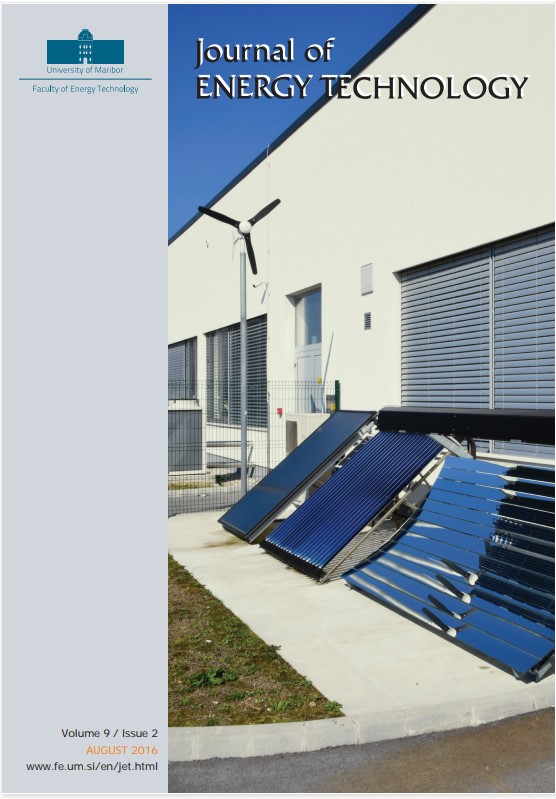SMART GRID DESIGN FOR EFFICIENT BUILDING MANAGEMENT
Abstract
The existing methods of automated building management are faced with critical challenges in the modern smart grid movement. Remote data transmission, efficient data processing and the ability to adapt rapidly to changes are severely limited as a result of the poor connectivity and rigidity of the existing systems. As an effective solution to such challenges, a new generation of smart micro- controller systems has been designed, which in addition to the above-described factors delivers many new features and holds yet relatively unexplored potentials for further development. The major advantage of these systems is integration with a cloud service that already enables the more efficient management of remote buildings and delivers enhanced user and environment-friendly solutions. In addition, with the quick adaptation ability, these systems also offer effective solutions for new, yet unforeseen, smart building challenges in the future. In the first part of this article, we present the basic module for controlling an individual smart building and its integration into the wider concept of smart grids and smart city networks: DIALOG EQ microcontroller system, which is aimed at the efficient, distributed management of smart buildings. We describe the process of its development and current capabilities. The basic guideline for the development was user and environment friendliness. The second part is dedicated to the development potentials of the system, the challenges of the future and certain aspects of automatic (machine) learning from the data obtained through the operation of these systems in individual buildings.
Downloads
References
R. Kwadzogah, M. Zhou and S. Li: Model predictive control for HVAC systems — A review, 2013 IEEE International Conference on Automation Science and Engineering (CASE), Madison, WI, pp. 442‐447, 2013
S. Ghosh, S. Reece, A. Rogers, S. Roberts, A. Malibari, and N. R. Jennings: Modeling the Thermal Dynamics of Buildings: A Latent‐Force‐ Model‐Based Approach, ACM Trans. Intell. Syst. Technol. 6, 1, Article 7, March 2015
Z. Yu, L. Jia, M. C. Murphy‐Hoye, A. Pratt and L. Tong: Modeling and Stochastic Control for Home Energy Management, IEEE Transactions on Smart Grid, vol. 4, no. 4, pp. 2244‐2255, Dec. 2013
R. Rozman: Pametna zgradba: osnovni gradnik pametnega mesta, Osemindvajseta delavnica o telekomunikacijah, Pametna mesta: zbornik referatov, Elektrotehniška zveza Slovenije, 2012
N. Kasabov: Evolving Connectionist Systems for On‐line, Knowledge‐based Learning: Principles and Applications, Technical Report TR99/02, Department of Information Science, University of Otago, 1999
R. Rozman, A. Štrancar, D. Šonc: On the use of evolving fuzzy neural networks in intelligent environments, ZAJC, Baldomir (ed.), TROST, Andrej (ed.). Proceedings of the twenty‐fourth International Electrotechnical and Computer Science Conference – ERK 2009
